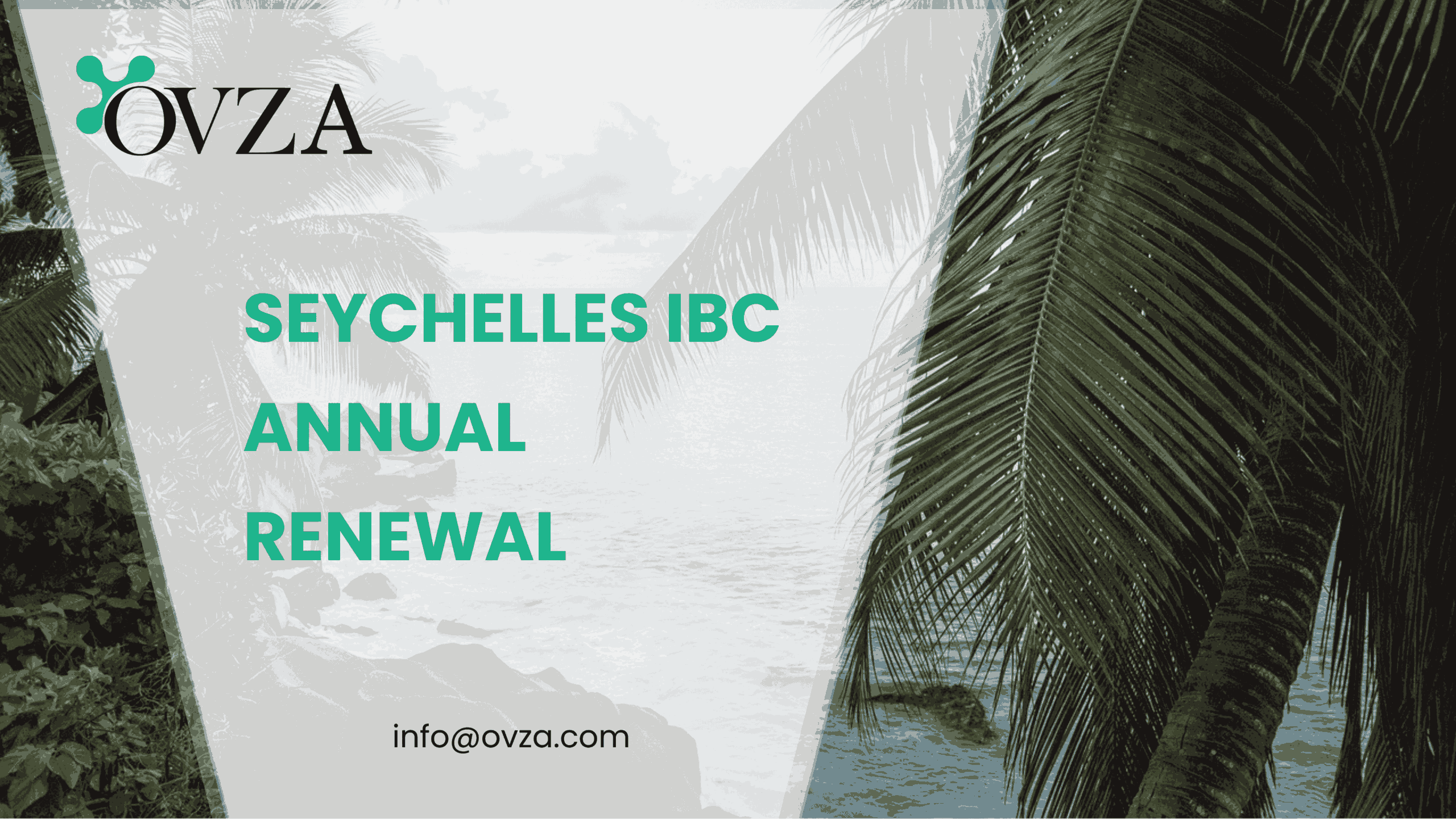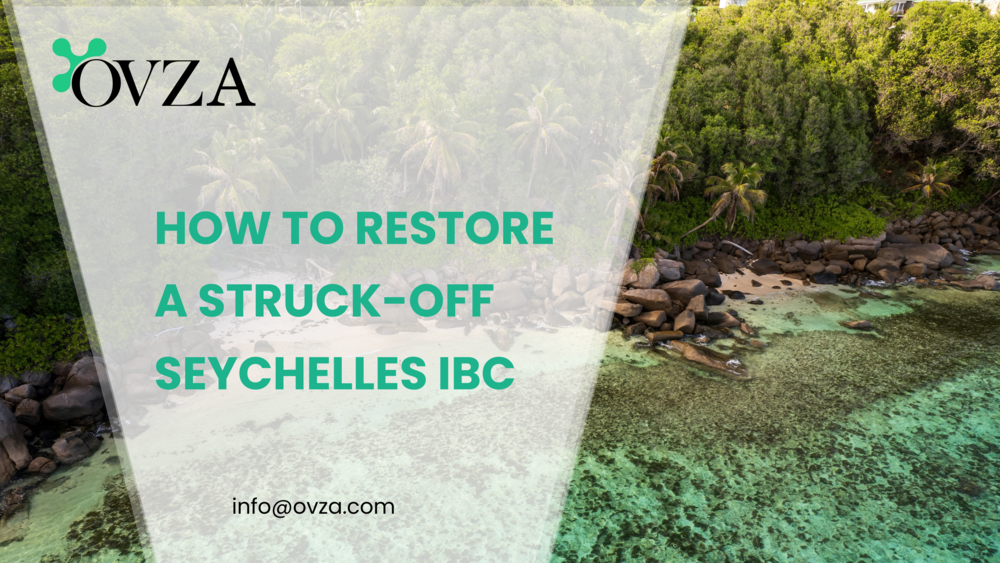The differences Between a Bahamas IBC and a Bahamas LLC are important to understand when deciding how to structure your offshore business. While both entities offer tax benefits, asset protection, and corporate privacy, they differ in legal structure, ownership, and operational flexibility. Knowing these differences can help you select the right entity for your business goals.
A Bahamas IBC is governed by the International Business Companies Act of 2000 and is widely used for international trade, asset holding, and investment. Its simple structure makes it popular for businesses that want minimal reporting obligations.
A Bahamas LLC, on the other hand, operates under the Limited Liability Companies Act of 2022 and offers greater flexibility in ownership, management, and tax treatment. This model is particularly appealing to U.S.-based investors because of its familiar structure and favorable tax treatment.
Ownership and Management
A Bahamas IBC follows a shareholder-director model, where shareholders appoint directors to oversee company operations. This structure creates a clear separation between owners and management.
In contrast, a Bahamas LLC uses a membership structure. Members can manage the business directly or appoint managers to take control. LLCs are also highly flexible when it comes to distributing profits, making them ideal for businesses that require customized financial arrangements.
Liability Protection
Both IBCs and LLCs provide limited liability, but LLCs offer added protection through a charging order mechanism. This feature ensures that if a creditor targets a member, they can only claim distributions made to that member, not the company’s core assets or management rights. This makes LLCs particularly effective for safeguarding wealth.
A Bahamas IBC still protects shareholders from company debts, but it lacks the enhanced security of a charging order, making it slightly less protective for individuals concerned about personal liability.
Taxation and Reporting
Both a Bahamas IBC and a Bahamas LLC enjoy the Bahamas’ highly favorable offshore tax environment, but their tax treatment has distinct differences that offshore investors must understand.
A Bahamas IBC is designed specifically for international business and is exempt from all local taxes on income generated outside the Bahamas. This is one of the primary reasons investors choose an IBC structure — there is no corporate tax, no income tax, no capital gains tax, and no withholding tax in the Bahamas. Regardless of the IBC’s revenue, profits, or assets, no taxable income is recognized within the Bahamas as long as the business operates exclusively outside the jurisdiction. This makes IBCs particularly attractive for trading companies, asset-holding structures, and investment vehicles that generate income offshore.
A Bahamas LLC also benefits from the Bahamas’ tax-neutral status, meaning there is no corporate tax or income tax on earnings generated outside the Bahamas. However, an LLC is commonly used by those seeking pass-through taxation, which allows the LLC’s profits to be taxed directly in the hands of its members in their home jurisdictions. This makes the LLC structure especially advantageous for U.S. investors or others in countries that recognize this taxation model, as it simplifies reporting obligations and avoids potential corporate-level taxes in their home country.
In both cases, the Bahamas government imposes no local taxation on foreign-sourced income, making both IBCs and LLCs effective vehicles for international business ventures with zero tax exposure within the jurisdiction itself.
Compliance and Flexibility
Both IBCs and LLCs enjoy minimal reporting requirements in the Bahamas, but IBCs conducting specific business activities may be subject to Economic Substance Requirements (ESR). LLCs have fewer regulatory risks tied to ESR unless they engage in regulated financial services.
In terms of flexibility, a Bahamas LLC offers more freedom in its internal structure. It can be managed by a single member who also acts as the manager. Additionally, LLCs allow for comprehensive operating agreements, which provide tailored guidelines for profit-sharing, member roles, and voting rights. A Bahamas IBC, in contrast, relies on corporate bylaws, which tend to be more standardized and less adaptable.
Choosing the Right Structure
A Bahamas IBC is ideal for offshore businesses seeking a traditional offshore corporate structure with well-defined roles between shareholders and directors. It is particularly suited for companies focused on international trade, asset protection, and tax-free income generated outside the Bahamas. The IBC’s straightforward structure and lack of taxable income in the Bahamas make it the preferred choice for most offshore ventures.
A Bahamas LLC may be better suited for entrepreneurs seeking flexible management structures, especially those with U.S. tax obligations who want to leverage pass-through taxation.
By understanding the differences between a Bahamas IBC and a Bahamas LLC, you can confidently choose the structure that best supports your offshore business objectives, tax planning strategies, and asset protection needs.













